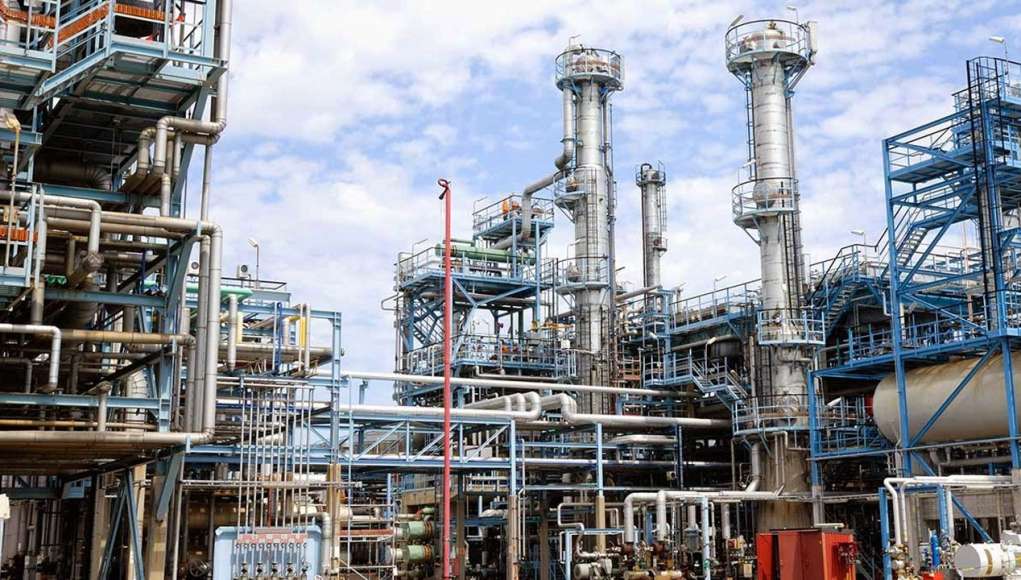The Port Harcourt Refining Company in Rivers State has resumed operations, in line with the federal government’s commitment, aiming to produce refined goods at the plant by December 2023.
The plant underwent turnaround maintenance and underperformance for many years prior to its development.
The total processing capacity of four Nigerian refineries, located in Port Harcourt, Warri, and Kaduna, is 445,000 barrels per day (bpd). However, in 2019, they were shut down.
But in August, Senator Heineken Lokpobiri, the minister of state for petroleum resources (oil), said that the refinery will start up again in December.
Lokpobiri said this during an inspection tour of the rehabilitation work progress at the PHRC Ltd. plant
“Our objective in coming here today is to ensure that in the next few years, Nigeria stops fuel importation. From what we have seen here today, Port Harcourt Refinery will come on board by the end of the year,” he said during the visit.
More than two years have passed since the federal government authorized $1.5 billion (1.2 billion euros) in funds to rehabilitate one of its largest oil refineries, when activities at the Port Harcourt plant resumed.
The government selected Maire Tecnimont, an Italian company, to handle the facility’s repairs at the Port Harcourt location, which can produce about 210,000 barrels per day.
“We are happy to announce that the rehabilitation of productivity refinery will commence in three phases, the then-Minister of Petroleum (State) Timipre Sylva had told reporters.
“The first phase is to be completed in 18 months, which will take the refinery to a production of 90 percent of its nameplate capacity,” said Sylva, adding that the second phase would be completed in 24 months and the third in 44 months.
Nigeria has been dependent on petroleum product imports despite having the largest oil producer in Africa due to a lack of refining infrastructure within the country. Fuel shortages occur often.
However, the government has been attempting to increase capacity at the nation’s underperforming state-owned refineries as part of efforts to restructure the Nigerian National Petroleum Company Limited (NNPCL).
The restoration of refinery operations at the plant and the start of a comparable project at the Dangote Refinery are expected to enhance fuel supplies in Africa’s top oil producer and enable savings on refined fuel and other petroleum products.










